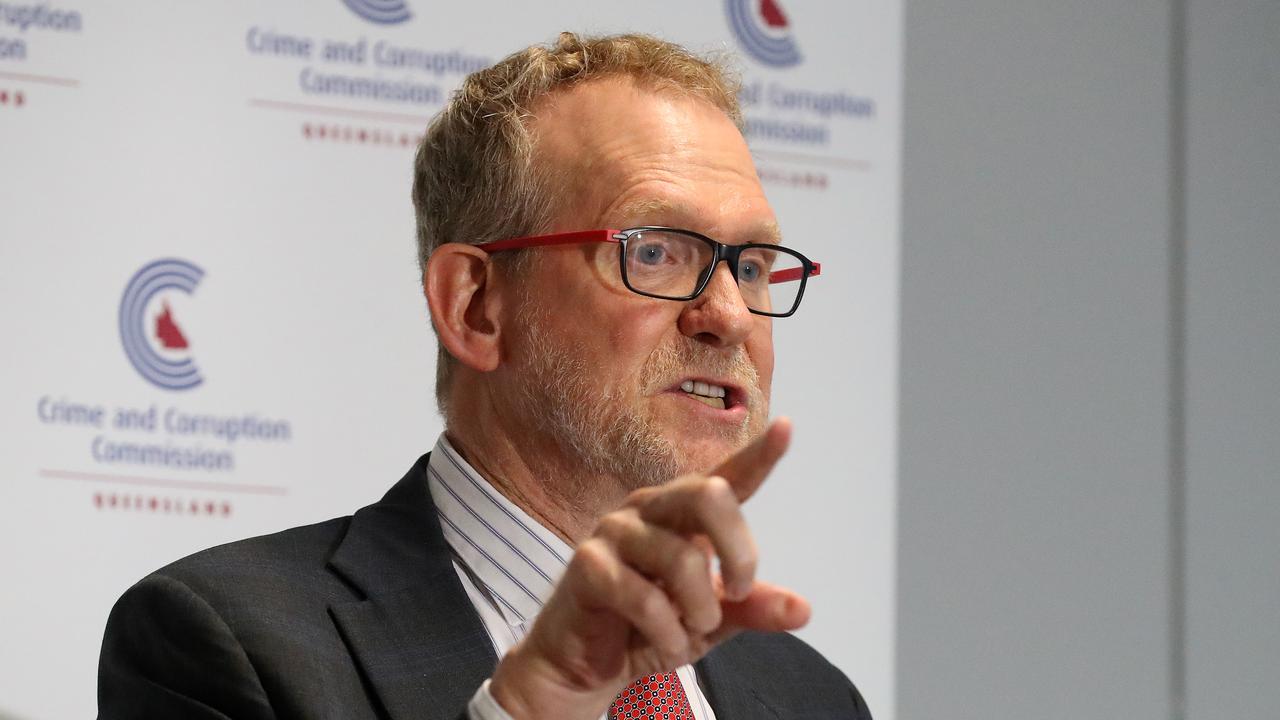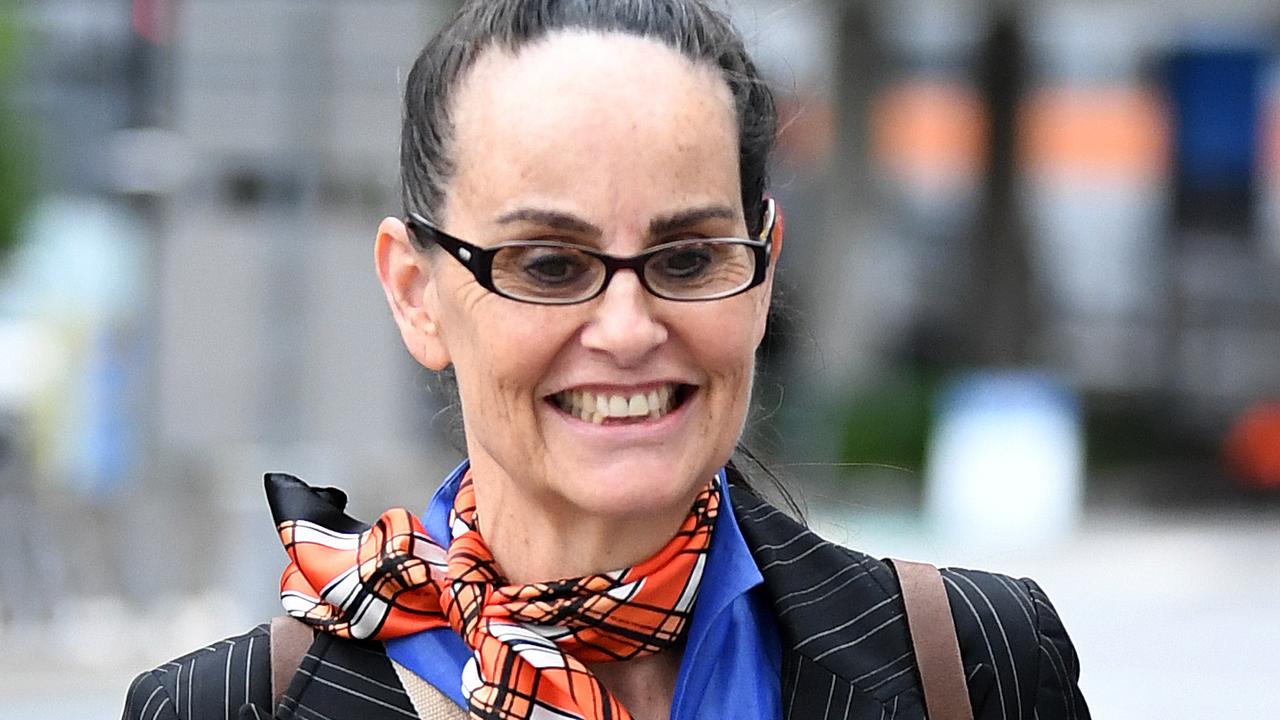Parliamentary probe will study CCC use of coercive powers, sharing of information in sacking case
The CCC’s use of coercive powers and how it shared information relating to a Logan City Council case will be the subject of a parliamentary probe.
Police & Courts
Don't miss out on the headlines from Police & Courts. Followed categories will be added to My News.
A parliamentary probe will investigate the corruption watchdog’s use of coercive powers and how it then shared information gleaned in a contentious case in which Logan City councillors were charged with fraud.
The newly released terms of reference for the Parliamentary Crime and Corruption Commission’s inquiry show its coercive powers will be examined, as well as the CCC’s decision to charge a group of councillors who were subsequently sacked.
Its communications with the Director of Public Prosecutions in respect to the charges will also be considered, as well as its involvement relating to civil, industrial relations matters.

“The committee will also look at the CCC’s use of coercive powers and matters relating to the dissemination of information obtained under coercion to parties in non-criminal proceedings,” the terms of reference read.
The inquiry was forced after a submission by three barristers who have levelled serious accusations against CCC investigators and after weeks of public pressure on CCC chair Alan MacSporran, including from the Local Government Association of Queensland and Gold Coast Mayor Tom Tate.
Affidavits obtained by The Australian allege the CCC released information that assisted former Logan chief executive Sharon Kelsey in an unsuccessful unfair dismissal case.
Eight councillors were charged with fraud in 2019 following an investigation by the CCC.

It was alleged they acted fraudulently by sacking Ms Kelsey but the fraud charges were dropped in April.
Former mayor Luke Smith still faces other charges brought by the CCC.
PCCC chair Jon Krause MP said the inquiry would look at “aspects of the CCC’s processes which have been subject to recent public interest and complaint”.
“As part of the inquiry, the committee will hold public hearings but reserves the right to take portions of evidence in private,” he said.
“The complaint and subject matter of the inquiry may refer to specific individuals.
“On behalf of the committee, I ask that all persons respect the committee’s process and confidentiality of committee proceedings.”
“These are complex matters involving various claims which the committee needs to consider fully.”
The committee will report by November 30.



